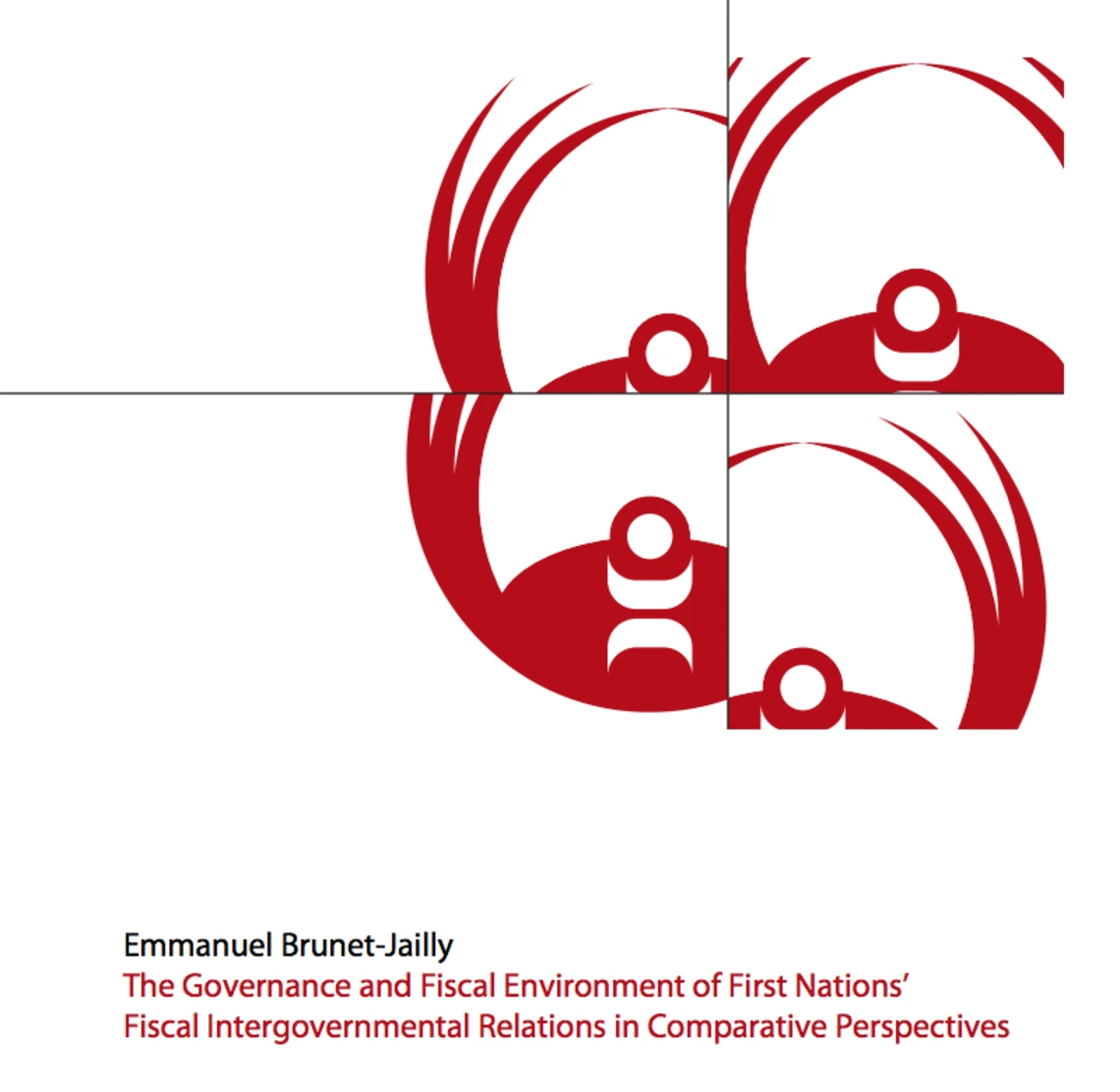This paper examines the Canadian Aboriginal fiscal inter-governmental system by comparing it to other countries, and also focuses on the key characteristics of the Canadian system. Over the last 20 years governments have decentralized power and responsibilities in response to an increasingly competitive global economy. This has led them to strengthen the responsibilities of their regional and local governments. Key to this process are central governments attempts to structure and restructure their local and regional governance systems to articulate“ that is link - the social and economic development of each community into the global economy. This articulation “and re-articulation “ has tremendous influence on the implementation of local and regional systems of governance. In particular, it results in a tug-of-war between some fundamental principles of government, specifically between principles of autonomy and responsibility of each government level, and efficiency and democratic accountability. As a result of these on-going decentralizing reforms, contemporary local and regional governments are more often made up of elected officials that are accountable to their local and regional electorates. Their resources are increasingly dependent on local wealth and local tax revenues; increased financial, democratic and managerial stress follows, as well as more policy responsibilities. The most successful regional governance systems are those that are best able to adapt to these changes, while also being sensitive to local and regional-specific culture, tradition, and history. This is the environment that sets the current context of fiscal inter-governmental relations in Canada.
Additional Information
Brunet-Jailley, Emmanuel. "The Governance and Fiscal Environment of First Nations' Fiscal Intergovernmental Relations in Comparative Perspectives". Research Paper for the National Centre on First Nations Governance. National Centre for First Nations Governance. Canada. March 2008. Paper.

